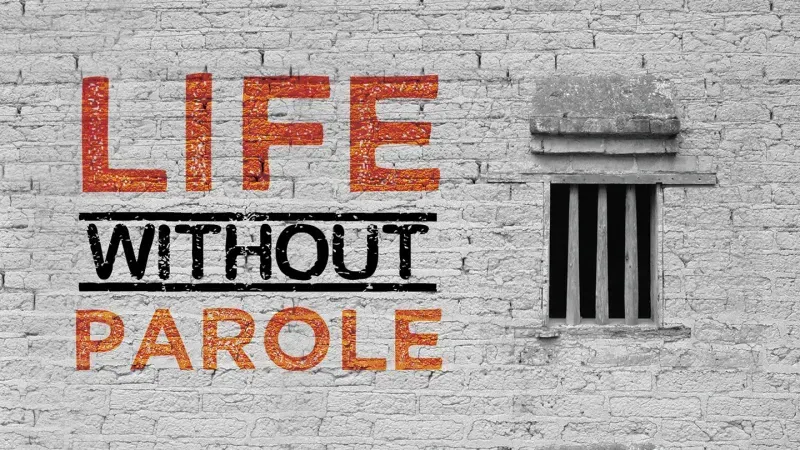Prison Journalism Project; LWOP is America's Hidden Death Penalty
As death sentences decrease in US, LWOP sentences are on the rise

The following is an excerpt from an essay titled "Life Without Parole is America's Hidden Death Penalty," written by Brandon J. Baker and published at the website for the Prison Journalism Project.
*****
To understand life without the possibility of parole (LWOP), we must acknowledge what it is: a hopeless imprisonment preceding death.
While many people advocate for abolishing the death penalty, they often overlook LWOP sentences, which are simply another type of death penalty.
While capital punishment has been scaled back across the U.S. over time, life sentences have increased four-fold over the past two decades, according to The Sentencing Project. LWOP sentences specifically increased by nearly 60% from 2003 to 2016. Roughly 53,000 people in American prisons are serving LWOP. And that number doesn’t include the nearly 44,000 people in prison who are serving virtual life sentences of 50 or more years. While virtual life sentences don’t relegate someone to prison forever, the sentences are so long that it’s unlikely you will live outside of prison again. Combined, the U.S. has more than 200,000 people serving these ultra-lengthy sentences.
The goal of life without parole is to make someone die in prison. But you can already argue that incarcerated people are symbolically dead to the broader public — locked away, out of sight, out of mind.
Through my 22 years of incarceration, I’ve learned that the “tough on crime” rhetoric that politicians promise voters means harsher treatments for criminals. But no human should have to suffer what prison has to offer those of us with interminable sentences: a lifetime of indefinite inhumane treatment.
I’m not innocent of the crime I committed, but I am repentant for what I did. I’m embarrassed and emotional. The 18-year-old who committed the horrible crime of home invasion robbery is dead. I’m now a 40-year-old seeking redemption. But my sentence won’t permit that. Instead, I’ll rot away in this concrete casket while the government tweaks laws and the parole board serves to embalm my walking-dead body.
*****
Brandon J. Baker is a writer incarcerated in California, and is pursing writing and public speaking as a way to make amends. You can read his full piece, "Life Without Parole is America's Hidden Death Penalty."
The Prison Journalism Project works to bring transparency to the world of mass incarceration from the inside and trains incarcerated writers to be journalists, so they can participate in the dialogue about criminal legal reform.










